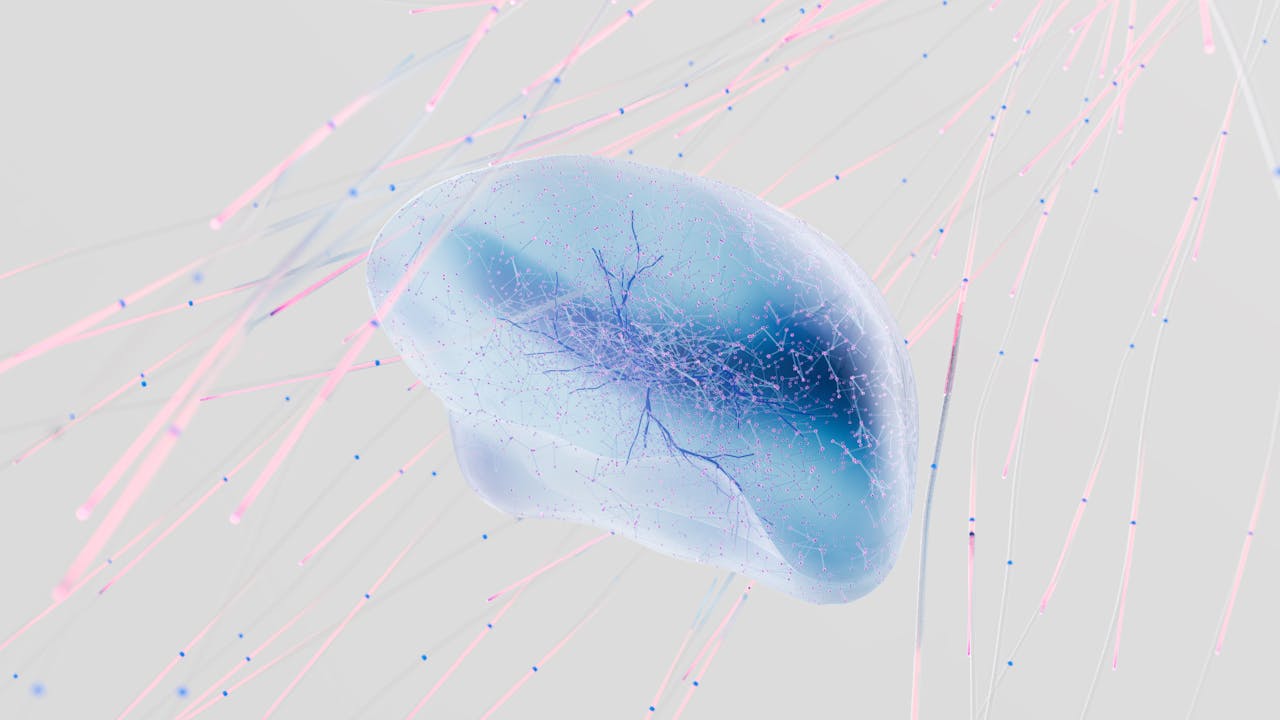Physical Wellness
Teachers Under-Challenge Minority Students
Minority students in the U.S. might have fewer challenging teachers, at least compared to white students, and as a result they might be at a significant learning disadvantage.
A major study, led by Rutgers-Newark psychology professor Kent D. Harber, indicates that public school teachers under-challenge minority students by providing them more positive feedback than they give to white students, for work of equal quality.
“The social implications of these results are important; many minority students might not be getting input from instructors that stimulates intellectual growth and fosters achievement,” notes Harber.
The study involved 113 white middle school and high school teachers in two public school districts located in the New York/New Jersey/Connecticut tri-state area, one middle class and white, and the other more working class and racially mixed.
Teachers read and commented on a poorly written essay which they believed was composed by a student in a writing class.
Some teachers thought the student was black, some thought the student was Latino, and some thought that the student was white. Teachers believed that their feedback would be sent directly to the student, in order to see how the student would benefit from their comments and advice.
In fact, there was no actual student, and the poorly written essay was developed by Harber and his team. The real purpose was to see how teachers would respond to subpar work due to the race of the student who composed it. As Harber and his team predicted, the teachers displayed a “positive feedback bias,” providing more praise and less criticism if they thought the essay was written by a minority student than by a white student.
“Some education scholars believe that minorities under-perform because they are insufficiently challenged — the ‘bigotry of lowered expectations,’ in popular parlance,” Harber explains. “The study indicates one important way that this insufficient challenge might occur: in positively biased feedback.”









Join the Conversation